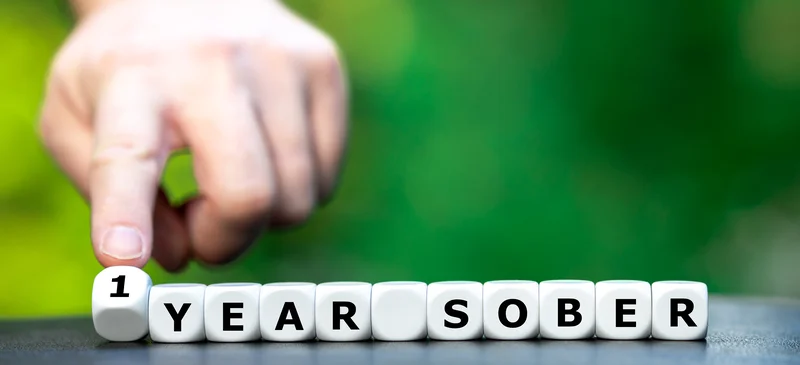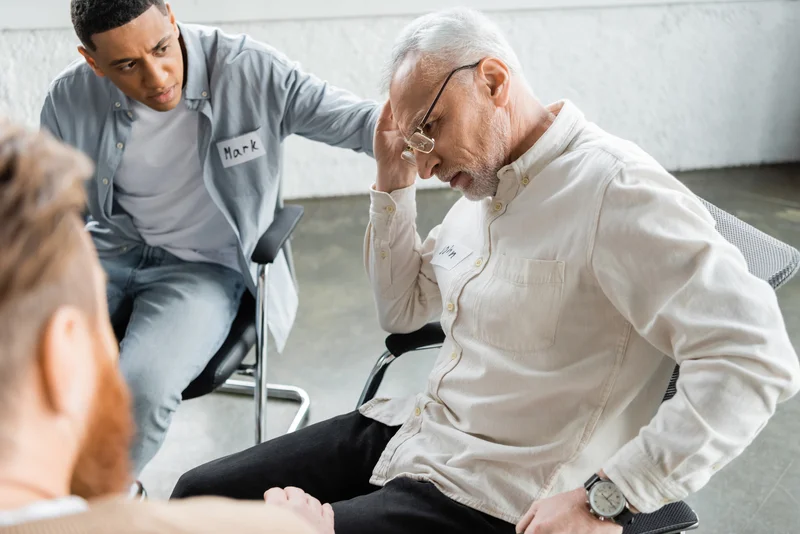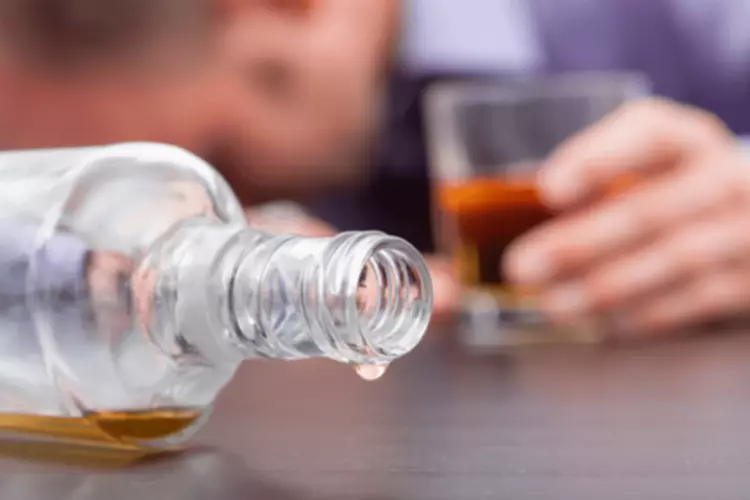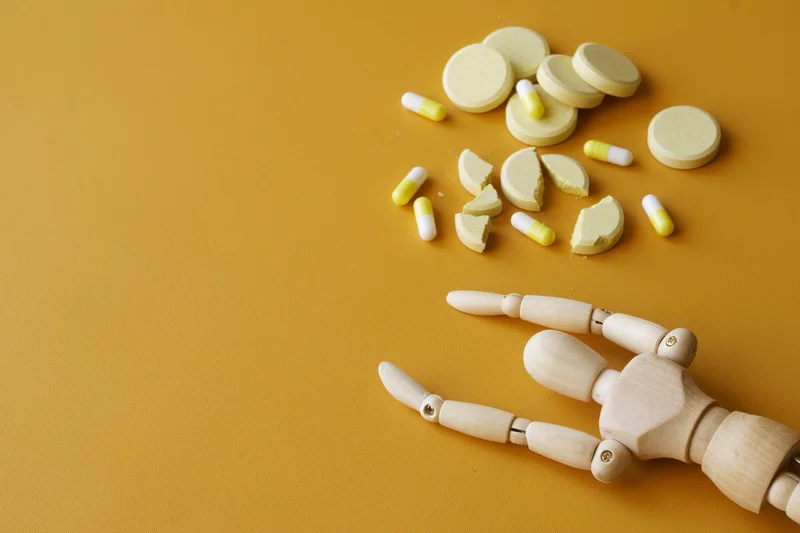- Your cart is empty
- Continue Shopping
Quitting Alcohol Timeline: What to Expect in Weeks 1-3

The Recovery Village Kansas City offers personalized treatment programs led by experts in addiction recovery. You can also have a few non-alcoholic drink options in mind, like sparkling water with lime or a refreshing mocktail. It’s okay to say “no” to events or situations that you feel might be challenging for your sobriety.

You May Better Support Your Immune System

This timeline is a broad estimate of what will what happens when you stop drinking happen and when after a dependent drinker has their last alcoholic drink. When you give up alcohol, having been a dependent drinker, you’ll move through various stages of recovery. People who do not abuse alcohol regularly might notice positive cognitive changes soon after quitting drinking.
Health Benefits You May See in Week Three
New benefits will also become noticeable as you put withdrawal behind you. If you’re a heavy drinker, your body may rebel at first if you cut off all alcohol. You could break out in cold sweats or have a racing pulse, nausea, vomiting, shaky hands, and intense anxiety. Some people even have seizures or see things that aren’t there (hallucinations). Your doctor or substance abuse therapist can offer guidance and may prescribe medication like benzodiazepines or carbamazepine to help you get through it. Over time, heavy drinking can cloud your perception of distances and volumes, or slow and impair your motor skills.

You’ll likely lose weight
Whether you are in recovery from alcohol addiction or you are taking part in a global sober challenge, quitting alcohol can have a number of benefits for your health, relationships and general well-being. Serious alcohol misuse can decrease your lifespan by as much as 28 years compared to those who don’t drink. This huge change in lifespan is due to the numerous medical problems that alcohol can cause. Heavy alcohol use can affect the health of your heart, brain, kidneys, liver, pancreas and digestive tract. It can also increase your risk for many different types of cancers.

- Now that you don’t have to deal with hangovers and you no longer spend time drinking, you should have more time and capacity to exercise!
- “If you are struggling to quit alcohol and experiencing severe withdrawal symptoms like hallucinations, seizures or extreme anxiety, it’s crucial to seek immediate medical attention,” advises Dr. Kellogg.
- The above guidelines indicate what happens after you quit alcohol in terms of specific symptoms you may experience.
- There are people out there who have been where you are and want to help.
- But among the factors that are within our control, like diet and lifestyle choices, drinking alcohol may have a profound impact on our chances of developing cancer.
The Recovery Village Atlanta offers comprehensive addiction treatment for drug and alcohol addictions and co-occurring mental health conditions. Alcohol causes you to produce excessive amounts of urine, leading to dehydration. If you’ve been drinking for a Sober living house while, you will probably be surprised by how much being sufficiently hydrated improves your health.
Alcohol addiction can be difficult and potentially dangerous to recover from on your own. Severe alcohol withdrawal can be deadly, so heavy alcohol users should not attempt to wean off alcohol without the help of a professional medical detox facility. Alcohol addiction treatment will begin with a detox period that focuses on managing any uncomfortable or severe withdrawal symptoms that arise. After detox ends, clients begin a rehab program that teaches them how to cope without alcohol and maintain sobriety.
A simple “No, thank you, I’m not drinking tonight” can be surprisingly effective. Anyone who successfully stops drinking for a whole month is more likely to abstain from alcohol for 6 months. If the carbs in alcoholic beverages were the culprit for your elevated blood glucose levels, your blood sugar may normalize by the end of the next day. The ethanol in alcohol inflames your liver cells and causes the liver to swell, says Mohammad Alhabbal, the medical director at AdCare Hospital in Worcester, Massachusetts. Because your liver is connected to your pancreas through biliary ducts, he says, your pancreas will begin to overproduce enzymes and become inflamed, as will your GI system, your esophagus and your stomach.
